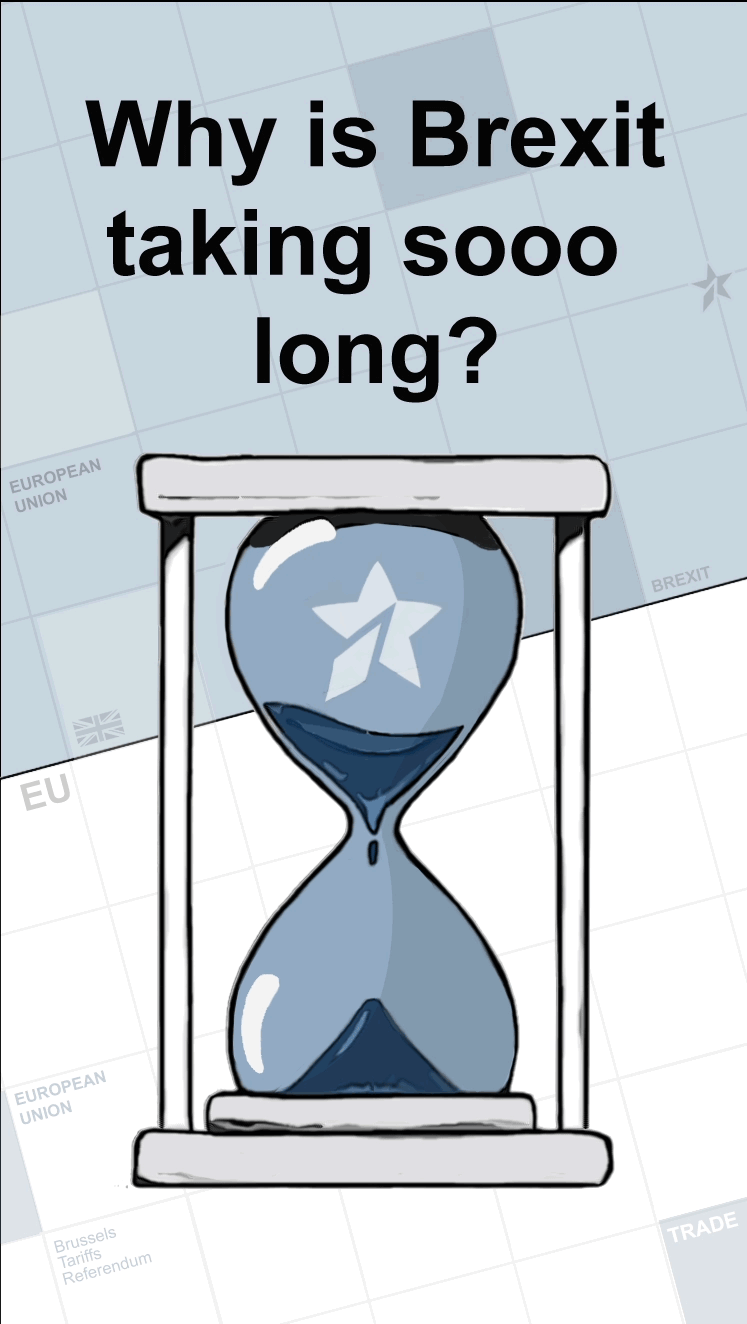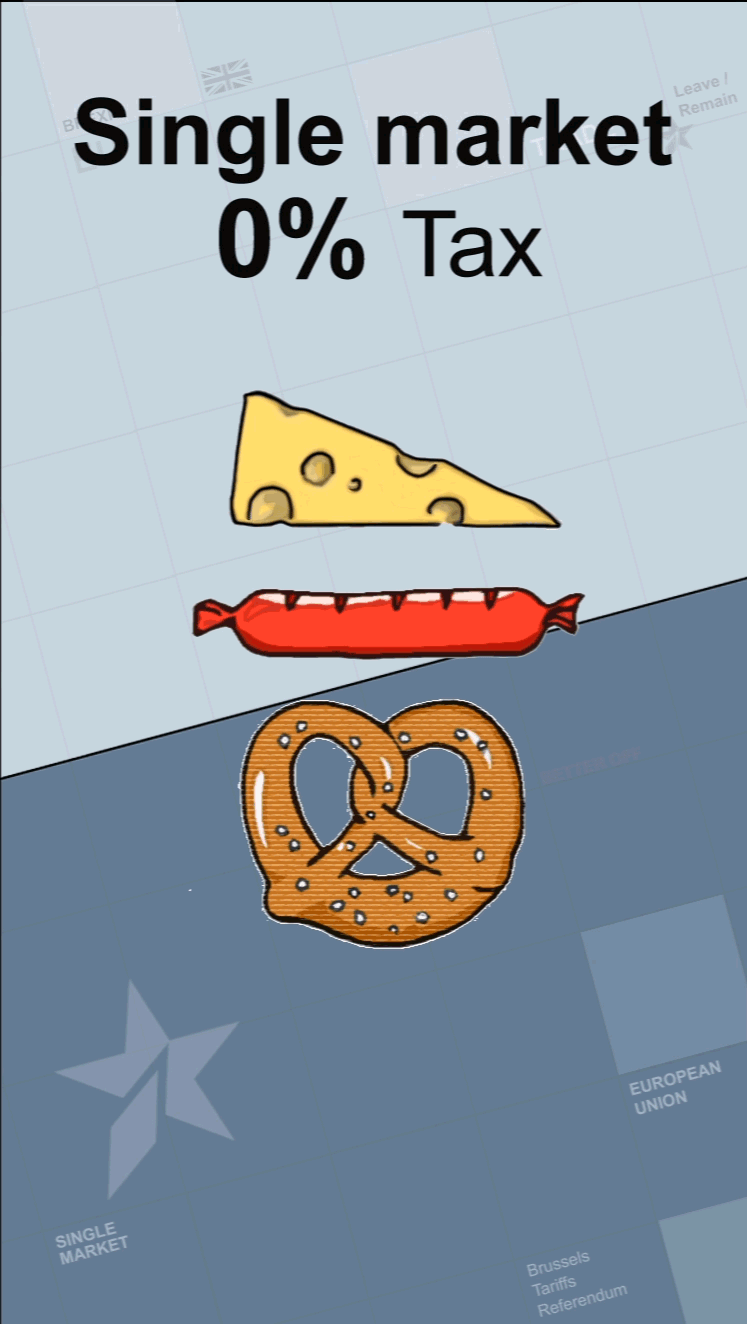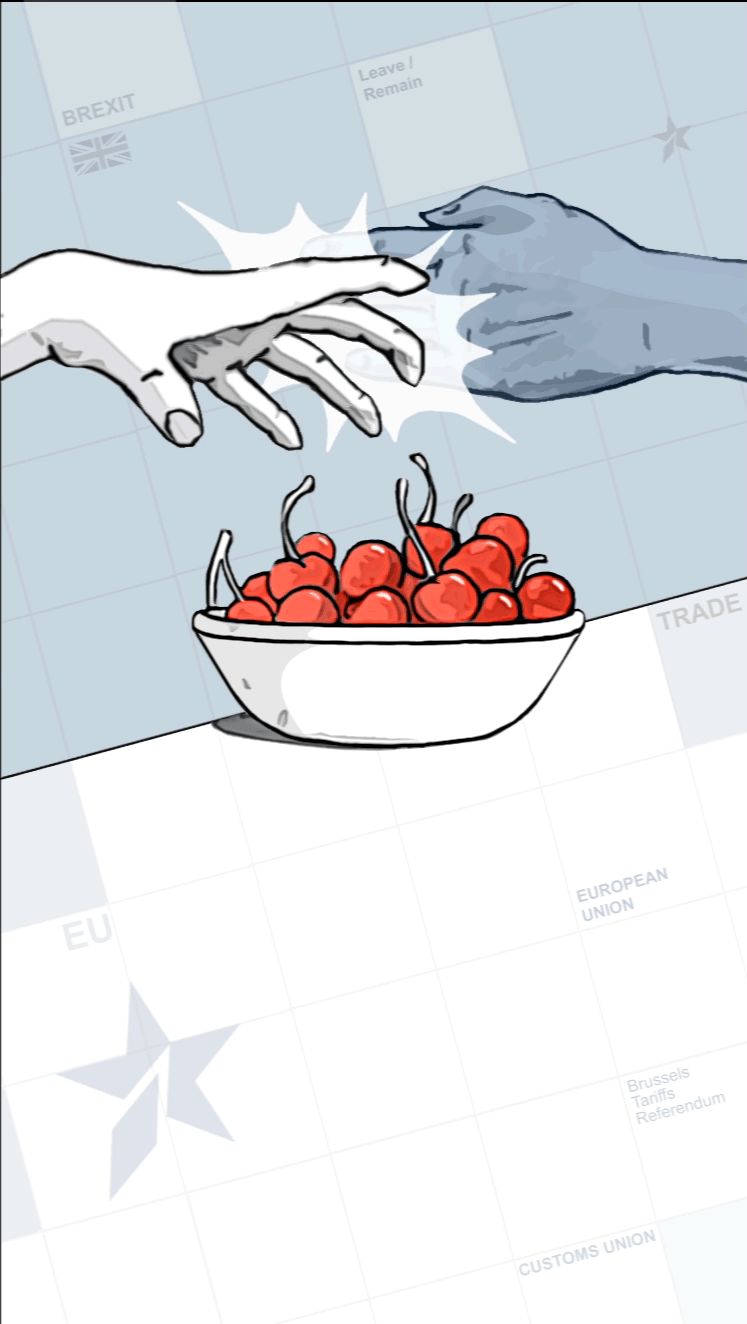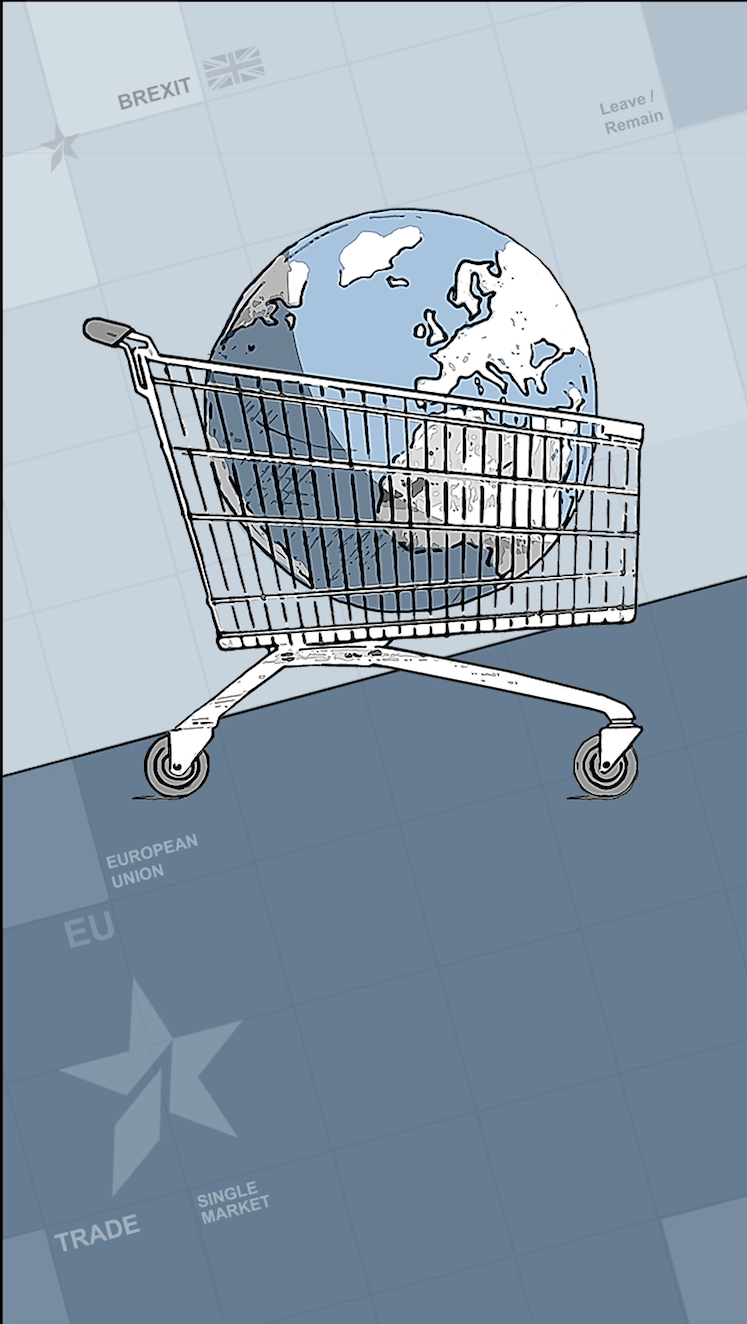Brexit: Future PM 'could change EU relationship'
- Published
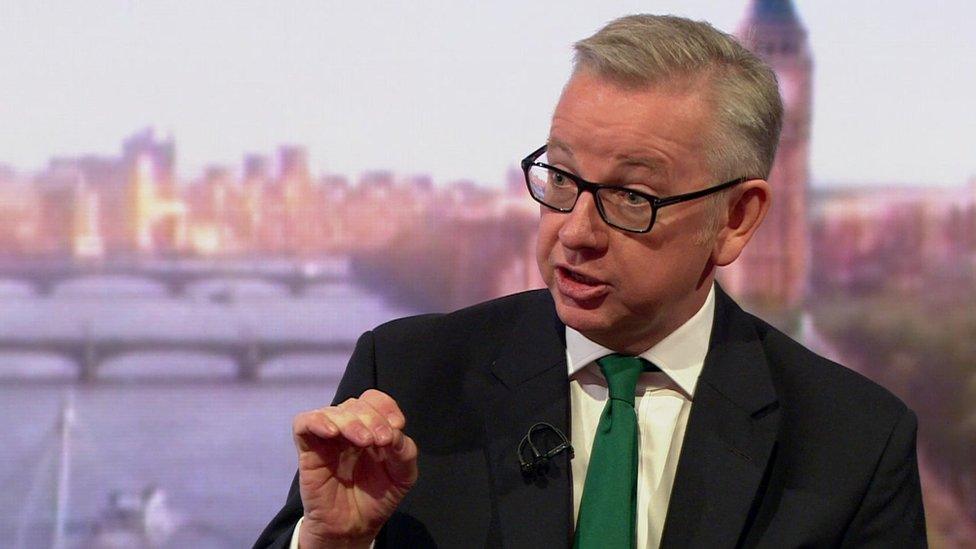
Michael Gove: Theresa May's plan is the right one "for now"
A future prime minister could choose to alter the relationship between the UK and the EU, Michael Gove has said.
But the environment secretary told the BBC's Andrew Marr Show that Theresa May's strategy, agreed at Chequers in July, was the right plan "for now".
The proposals have sparked criticism from other Brexiteers and resulted in some discussing a leadership challenge.
Meanwhile, London mayor Sadiq Khan has called for a second EU referendum on the deal Mrs May agrees with Brussels.
Mrs May's Brexit proposals, backed by her cabinet including Mr Gove, are unpopular with many backbench Tory MPs, who argue it would compromise the UK's sovereignty.
Asked if the Chequers plan was permanent, Mr Gove, who was a leading figure in the Leave campaign, said: "Yes, but there's one critical thing, a future prime minister could always choose to alter the relationship between Britain and the European Union.
"But the Chequers approach is the right one for now because we have got to make sure that we respect that vote and take advantage of the opportunities of being outside the European Union."
Iain Duncan Smith, former Conservative leader and a leading campaigner for Brexit, dismissed Mr Gove's comments as a "cop-out" and "one of the worst ways of dealing with the negotiations".
"We have to seize what we want now," he said. "That's what people voted for. That's what Brexit is about, leaving with the right deal.
"And the prime minister, at the same time, has got to recognise that there is an alternative [to the Chequers deal], called the WTO [World Trade Organisation]."
He continued: "There's another alternative called free trade which the European Union is demanding and asking for.
"So let's get on and deal with that and sort the border out, not mess around with Chequers."

Analysis
By Chris Mason, political correspondent
Michael Gove is flashing a saucy bit of Brexiteer ankle at some of his Conservative colleagues who also voted Leave, but think the prime minister's plan is a dud.
Suck it up for now, spit out later, he suggests - while openly imagining the political world after Theresa May.
It's a reminder that Brexiteers in the parliamentary Conservative Party are divided - between those willing to live with her Brexit plan, and those who want to "chuck Chequers".
Who wins this tug of war could determine what Brexit looks like and how long the Prime Minister lasts.

'It's not about my future but that of the UK', says May
In an interview to mark the six-month countdown to Brexit, Mrs May told Nick Robinson on the BBC's Panorama programme she was irritated by the ongoing speculation over her position as prime minister.
Asked if she would reassure the Tory party that she was not determined to go "on and on", she said: "I get a little bit irritated but this debate is not about my future. This debate is about the future of the people of the UK and the future of the United Kingdom.
"That's what I'm focused on and that's what we should all be focused on.
"It's ensuring that we get that good deal from the European Union which is good for people in the UK, wherever they live in the UK, that's what's important for us."

The interview
Theresa May hits back at Boris Johnson over Chequers plan
"Theresa May's aides know that she - they - are in the battle of their political lives not just to secure a deal with the EU's 27 other leaders but to sell it to a party that is deeply sceptical, a parliament which is deeply divided and a public which is growing heartily sick of Brexit and the Tories infighting [writes Nick Robinson].
"That is the reason I and a team from BBC One's Panorama were invited 'Inside Number 10' to make a film which they hope will would pull back the curtain just a little on the the serious, shy, and, at times, awkward leader they serve."
Read more from Nick Robinson in the Sunday Times, external (behind a paywall).

Mrs May's comments came days after Conservative MPs opposed to her Brexit plan met to discuss how and when they could force her to stand down.
About 50 Brexit-supporting members of the European Research Group (ERG) met on Tuesday to discuss a leadership challenge.
Mrs May has said she wants to strike a trade deal with the EU for after the UK leaves on 29 March 2019.
She has also said there needs to be "friction-free movement of goods" with no customs or regulatory checks between the UK and EU on the island of Ireland, in order to avoid a hard border there.
The UK and EU are hoping to agree a way forward next month, at the same time as they settle the terms of the UK's withdrawal, including a transition period up to the end of 2020.
(If you can't see the explainer, follow this link, external)
BBC Panorama, Inside No 10: Deal or No Deal? is on Monday 17 September at 20:30 BST on BBC One as part of a week on in-depth coverage across the BBC to mark Brexit: Six Months to Go.

